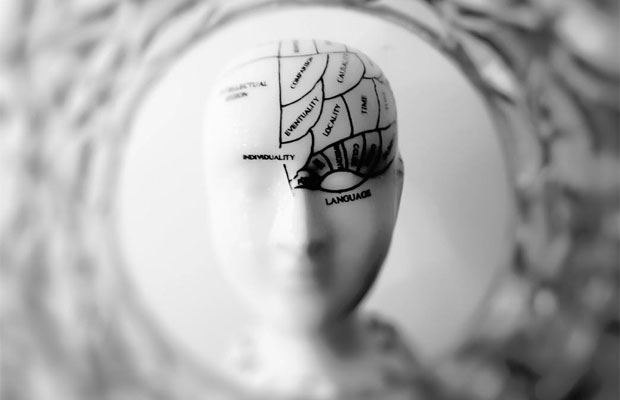5 Steps to Keep Your Brain Sharp and Healthy

5 Steps to Keep Your Brain Sharp and Healthy
Cognitive decline is one of the biggest concerns that people have as they age. With age, brain cells die off, which can lead to several cognitive issues; for example, you may not be able to recall information as quickly as you once were able to, you might have difficulty with short term memory loss, or you might forget the names of commonly used words. There’s also the worry of developing age-related cognitive health diseases, including dementia and Alzheimer’s disease.
There’s nothing scarier than realizing that you are having difficulty with your memory. Fortunately, however, by following some simple strategies, you can keep your brain sharp and healthy and off-set the development of age-related mental impairments.
If you are looking for ways to keep your brain active and on-point, here’s a look at five techniques you should consider adding to your daily routine.
- Practice Mental Exercises
Exercise isn’t just important for your physical health; it’s important for your mental health, too. The brain is a muscle, which means that if you want to keep it in tip-top condition, you are going to want to work it out. Simply doing mental exercises, such as playing games that require the use of your problem solving and strategy development (crossword puzzles, Scrabble, Sudoku, etc) are not just entertaining, but they can also give your brain the workout it needs to stay sharp and focused.
- Take Supplements
There are several supplements on the market that are intended to improve brain function and enhance mental ability. Fish oil is one popular supplement, as it contains high levels of amino acids that are important for brain health. Something like uridine monophosphate can also be beneficial, as it has been proven to improve mental capabilities and increase memory recall. Adding supplements to your diet can do wonders for your mental abilities.
- Make Learning a Sensory Experience
It has been found that the more senses you use when you are learning something, the more of your brain will be involved in retaining the memories of what it is that you have learned. Whenever you are approaching a new skill or seeking to attain new information, try to incorporate all of your senses; sight, sound, scent, touch and even taste, if possible. You will be amazed by how much sharper your mind will be and how much easier it will be for you to recall the information that you learned.
- Get More Sleep
Sleep is vital for your physical health, and it’s just as, it not more, important for your mental health. When you sleep, your brain has the opportunity to repair itself. This helps you build stronger nerve connections that can be used to boost your ability to retain new information. Plus, when you are well rested, you are better able to focus, so you will be able to stay alert and better understand things that you learn throughout the day. For the average adult, 7 hours of sleep a night is recommended. You also want to make sure that you are getting quality sleep. Make sure your room is dark, the temperature is comfortable, and that all distractions are removed to improve sleep.
- Be Repetitive
When you want to retain something that you’ve newly learned, repeating it over and over again will help you do just that. By repeating the new information, you will reinforce it to memory and make a connection with the information. This will help you better recall the new knowledge you have gained, which will keep you more mentally sharp and boost the power of your mind.
Collaboration.




